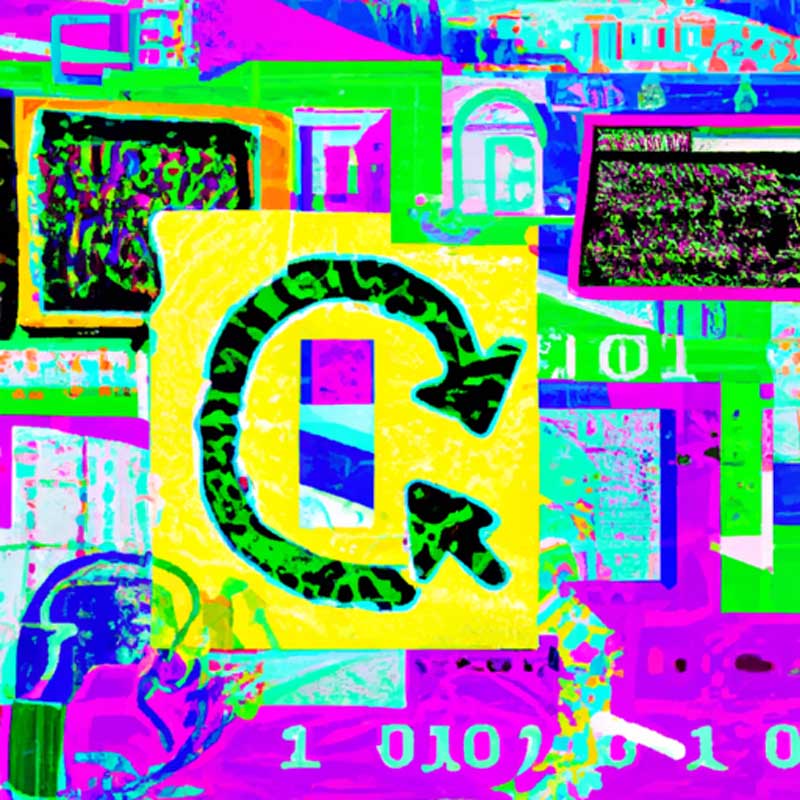Virtualized Controllers in Industrial Automation
- Industrial automation suppliers are now extending virtualized products into their PLCs and DCS controllers
- The future industrial automation market is likely to follow a path toward virtualization like that which transformed the IT data center 15 years ago to the cloud native and software-defined data centers of today.
Industrial automation suppliers are now extending virtualized products into their PLCs and DCS controllers, which represent the most mission-critical parts of their automation product portfolio. The future industrial automation market is likely to follow a path toward virtualization like that which transformed the IT data center 15 years ago to the cloud native and software-defined data centers of today.
At that time, IT data centers consisted of dedicated function servers that would each run a single application, such as database, email, file/print sharing, CRM, ERP, etc. Each of these servers had to be individually administered and configured and each server had to be sized to support the maximum demand placed on its application or service. With the adoption of server virtualization, data centers entered a period of “server consolidation” where dedicated function server hardware was replaced with common server hardware that ran the same set of applications but in virtual machines rather than physical ones. This shift greatly reduced the number of physical servers required, reduced energy consumption, and provided enhanced visibility and manageability of IT operations. Server virtualization was the first step toward today’s software-defined data center and cloud computing infrastructure.
Virtualization and virtual machines are nothing new in the world of distributed control systems (DCS) and process automation. All major DCS suppliers allow customers to employ virtual machines that support DCS human-machine interfaces, engineering software tools, and other applications. This has been a great benefit to end-users and suppliers alike in that it eliminates the need to support dozens of PCs that provide operator interface and other services. The thin-client devices that replace the multiple PCs are far easier to maintain and support over their lifecycle.
But the transition of DCS to virtual machines has not yet extended to the controllers within the DCS. Suppliers have developed specialized software builds of their controller software for use in applications such as operator training simulators; but until recently they have not commercialized software-only versions of their dedicated function DCS controllers. This is probably because of the stringent high availability requirements of DCS controllers, which are realized through a combination of redundant hardware and specialized software. But supplier reluctance in this area is now breaking down.
Multiple DCS suppliers have now announced roadmaps that include virtualization of their future DCS controllers, and it seems clear that future DCS controllers will consist of a combination of physical and virtual machines.
The OPAF (Open Process Automation Forum) O-PAS standard is wide open with respect to deployment options. This enables O-PAS compliant systems to employ a wide range of implementations from dedicated function control appliances to completely virtualized server-based software implementations of industrial controllers. The ExxonMobil O-PAS field trial project, with Yokogawa as the system integrator, has experimented extensively with virtual machines and with VMware software products. The system configuration that will be deployed in the field starting in 2024 has not been officially announced yet, but ARC believes it is likely to use virtualization extensively. Other DCS suppliers who are members of OPAF have developed partnerships with virtualization software suppliers such as VMware and Red Hat. Notably, ABB has had a partnership in place for over a year with Red Hat. Schneider Electric has demonstrated proof-of-concept systems in partnership with both Red Hat and Intel. Two major DCS suppliers (Emerson and Honeywell) are not active in OPAF. Yet, both suppliers have announced controller virtualization roadmaps that are quite like the O-PAS vision.
Honeywell has worked in partnership with VMware for many years for virtualization of PC-based stations in its Experion DCS. In 2023 Honeywell announced at its North America user group meeting that virtualization would be extended to some of its Experion C300 controllers operating in its Experion Control HIVE environment. These controllers will run as virtualized appliances within a VMware software environment.
